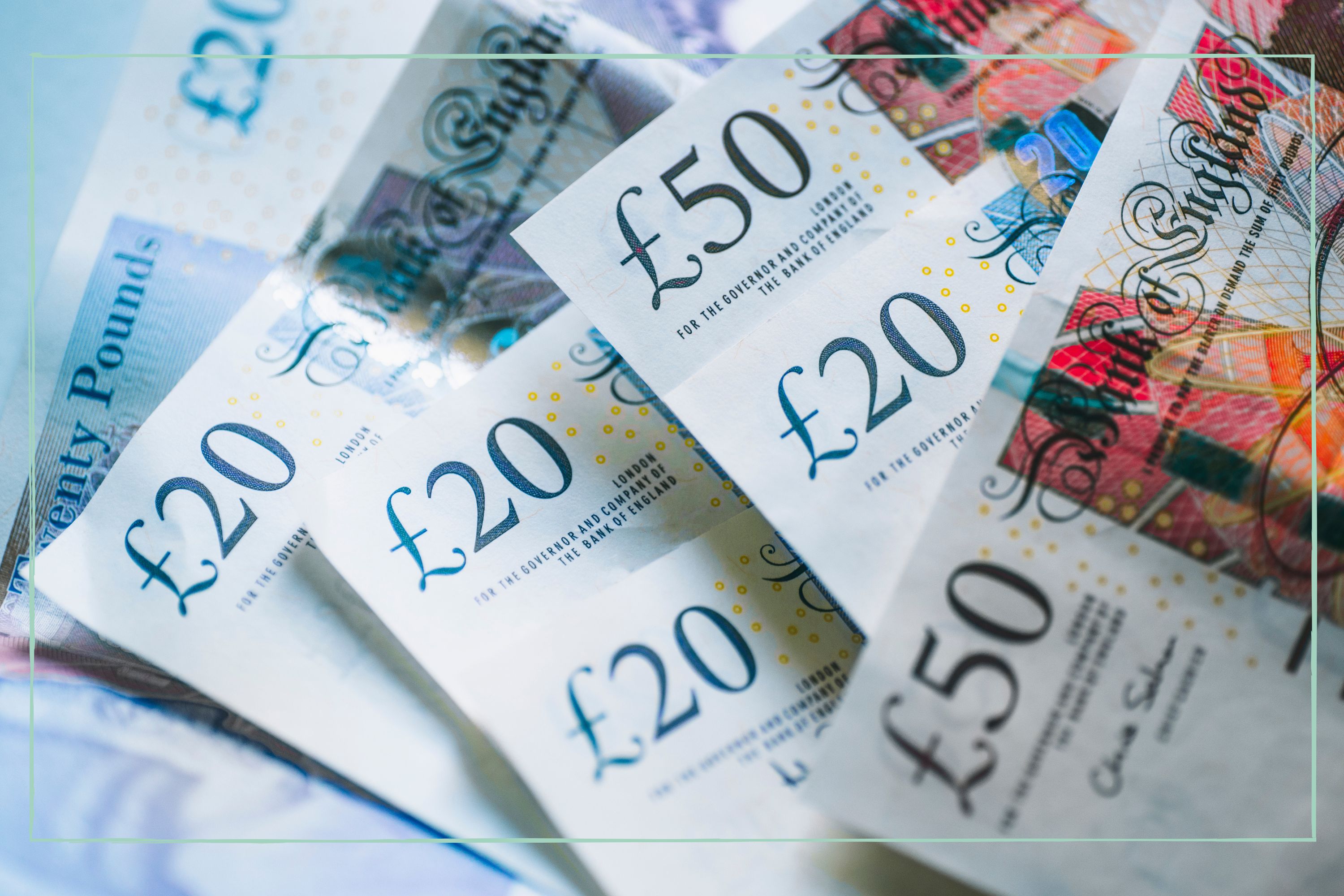Which notes are going out of circulation? Plus, where to change old bank notes
Paper notes are being phased out - here's what you need to know


The Bank of England has warned here's not long left to exchange the bank notes that are being removed from circulation this year.
Much like many are asking when do stamps expire, back in 2021 the public were left wondering when do the old £20 notes expire and when do the paper £50 notes expire, after the new £50 note was introduced to replace the paper version.
Now, we're just days away from the final date some old notes will be accepted, and many have questions around how they can exchange them and exactly which notes are going out of circulation.
Which notes are going out of circulation?
The old paper £20 and £50 notes will be redundant from 30 September 2022. The new £20 and £50 notes are made of polymer, and resemble the £5 and £10 notes that were released in 2016 and 2017 respectively.
According to the Bank of England, the new polymer notes allow for enhanced security features - such as the see-through window and holograms - making them harder to counterfeit than paper notes.
There's 1 week left to use your paper £20 and £50 banknotes. All polymer notes carrying a portrait of Her Majesty Queen Elizabeth II can continue to be used as normal after 30 September. https://t.co/0wA5voBkiJ pic.twitter.com/4srSheSdUaSeptember 23, 2022
This means that if you want to spend your notes after this date you will need to have exchanged them - but don't panic, you will still be able to exchange the old notes after the deadline has passed.
Where can I change old bank notes?
- At your bank - If you have a UK back account, the simplest and quickest way to exchange your notes will normally be to deposit them with your bank.
- At the Post Office - Some Post Offices can also deposit withdrawn bank notes into any account you can access with them. Visit the Post Office website to find your nearest participating branch.
- With the Bank of England - You can exchange old notes with the Bank of England by sending them in the post or visiting the bank of England counter in London.
How to exchange your old bank notes
The easiest way to change old bank notes is to deposit them into a bank account, which you can do by going into a bank branch or some Post Offices.
GoodtoKnow Newsletter
Parenting advice, hot topics, best buys and family finance tips delivered straight to your inbox.
However, if you are unable to visit either of these, you can send old bank notes to the Bank of England in the post. To do this, you will need to complete a banknote exchanges application form and send it along with the bank notes and copies of your photo ID and proof of address to: Department NEX, Bank of England, Threadneedle Street, London EC2R 8AH.
The Bank of England will then pay your money into a bank account (normally within ten working days), by cheque or, if you live in the UK and your exchange is worth up to £300, in new banknotes.
However, if you are sending bank notes by post you do so at your own risk, and will need to take appropriate measures to insure against loss or theft.
A post shared by Bank of England Museum (@boemuseum)
A photo posted by on
Do banks still take old £20 and £50 notes?
The Bank of England has said it will accept withdrawn paper £20 and £50 notes after the deadline of 30 September, and that they will exchange old bank notes at any time after this date.
This can be done in person, at The Bank of England Counter at Threadneedle Street, London, EC2R 8AH, which is currently open from 9.30am to 3pm Monday to Friday. You will need to provide photo ID and proof of address.
However, the Bank of England recommends that unless you require your banknotes immediately, you should send your banknotes via the post.
Following the recent switch to polymer notes, the Bank of England has announced that the new notes featuring the late Queen Elizabeth II will continue to be legal tender alongside the new King Charles bank notes.
Video of the Week

Ellie is GoodtoKnow’s Family News Editor and covers all the latest trends in the parenting world - from relationship advice and baby names to wellbeing and self-care ideas for busy mums. Ellie is also an NCTJ-qualified journalist and has a distinction in MA Magazine Journalism from Nottingham Trent University and a first-class degree in Journalism from Cardiff University. Previously, Ellie has worked with BBC Good Food, The Big Issue, and the Nottingham Post, as well as freelancing as an arts and entertainment writer alongside her studies. When she’s not got her nose in a book, you’ll probably find Ellie jogging around her local park, indulging in an insta-worthy restaurant, or watching Netflix’s newest true crime documentary.